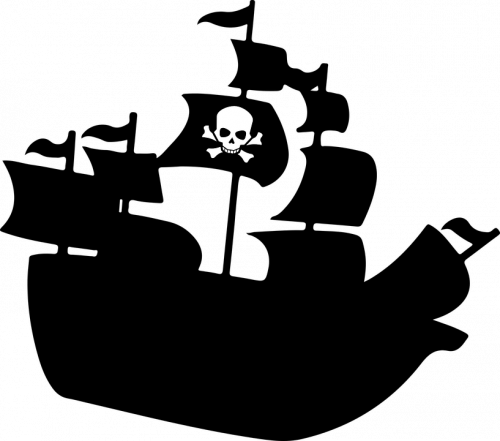This content was originally published by the Longmont Observer and is licensed under a Creative Commons license.
The radio frequency spectrum, which the FCC considers its ward, is a very large and complicated communication system to manage. At no point do we want to belittle the scope, or the ability of the FCC, to do its job. However, we do want to address some of the inconsistencies in the letter of FCC Commissioner Michael O’Rielly, the letter’s reported author, as he skirts around the business aspects of their enforcement, makes highly debatable assumptions about public “harm,” and then even flat-out lies about a loss of content.
Content is why we do this. It’s the disturbing lack of content currently being offered by corporate stations that motivates us. In 2003, the FCC voted to relax (an understatement) rules regarding media ownership and the limits on consolidation of media assets within a given market. If we look at the actual effect of the deregulation, we will see radio stations were gobbled up immediately. Fewer people were making a lot less content and spreading it out over a much greater area. This resulted in a massive increase in efficiency and profit, no doubt, but dramatic loss of employment, creative potential, and crucial diversified narratives were the drawbacks to this approach. Locally, in Boulder, we can think of no better example of this than KBCO. If the measuring stick in this competition is content loss, then surely the FCC is the champion.
FCC Commissioner Michael O’Rielly listed two instances in which a pirate radio station might financially impact the market in a negative way. In the first, he suggested that pirate radio would steal advertisers. In some markets, this might possibly be true, but we choose not to accept money for air time because we disagree with this principle, and the involvement of money introduces a monumental liability. The commissioner also suggested that we steal audience shares, and we do not concede that anyone who listens to our stations is technically stolen from any other station, as that implies that the listeners are property and somehow unable to decide what they find entertaining. Use of the word “steal” in this case is a legal tactic and not a moral argument framed in the public good. In our case, we have an extremely limited market share because the FCC is very good at their job, and it is incredibly difficult for us to pursue our hobby.
That is really the crux of the matter: We are very passionate about our hobby and it’s not really a hobby we can pursue with the way the FCC operates regarding public access to radio frequency. The bar to get into radio is set incredibly high. The regulations have relaxed somewhat with the implementation of low power FM, and there are, sometimes, small victories in radio. When compared to other markets, Colorado boasts a relatively diverse radio dial thanks to KGNU, KRFC, OpenAir, KUVO, and OpenMedia. Their successes are in spite of the FCC, and not in any way thanks to the FCC. A radio station is an incredibly expensive operation to start and run, but mostly because the majority of the cost is in compliance with FCC policy.
The commissioner’s response made a point with regard to our lack of participation in the Emergency Alert System. We do agree with having an emergency system and acting as a communication base for our local communities during emergencies, as is the intent of the emergency system in place. We make every effort to ensure that we can be of the utmost help in a real crisis. During a local fire emergency, we were on air 24/7 keeping the local populace updated with Boulder County OEM posts until the fire was contained. We were also commended by FEMA with one of our affiliate’s coverage and local communications in the community during an emergency situation in 2011.
Emergency preparedness and vital communications with the local populace during emergencies is one of our main objectives. It is one of the important ways we serve our local communities, as we know many corporate stations do not actively seek to help the local communities they serve because they simply don’t live in them. We make every effort to remain local and connected. Given that there is no real way to have a micro radio station whose goal is to give voice to and serve its local community in a legal manner, the choices are either do it or don’t do it.
In the face of mass-produced media, we see no other choice than to carry on trying to make good local radio and providing for our community in the way corporate radio and massive national conglomerates refuse.
Information is nutrition for civilizations. The fact that both seem to be in short supply is no accident. Support and benefit your local community in any way you can.
CCRN (Colorado Community Radio Network)
http://coloradocommunityradio.com
This is a letter to the editor that was submitted to the Longmont Observer and is in response to a letter to the editor by FCC Commissioner Michael O’Rielly about a story we wrote on pirate radio. If you have an opinion or a letter to the editor you'd like to submit, please visit our 'Submit an Opinion' page.




